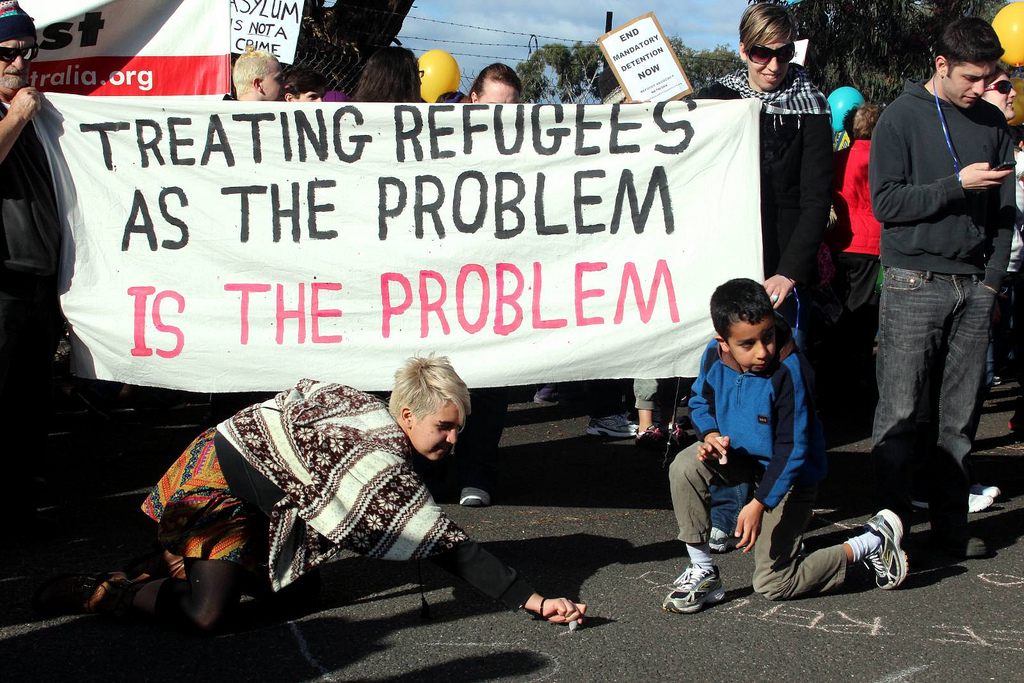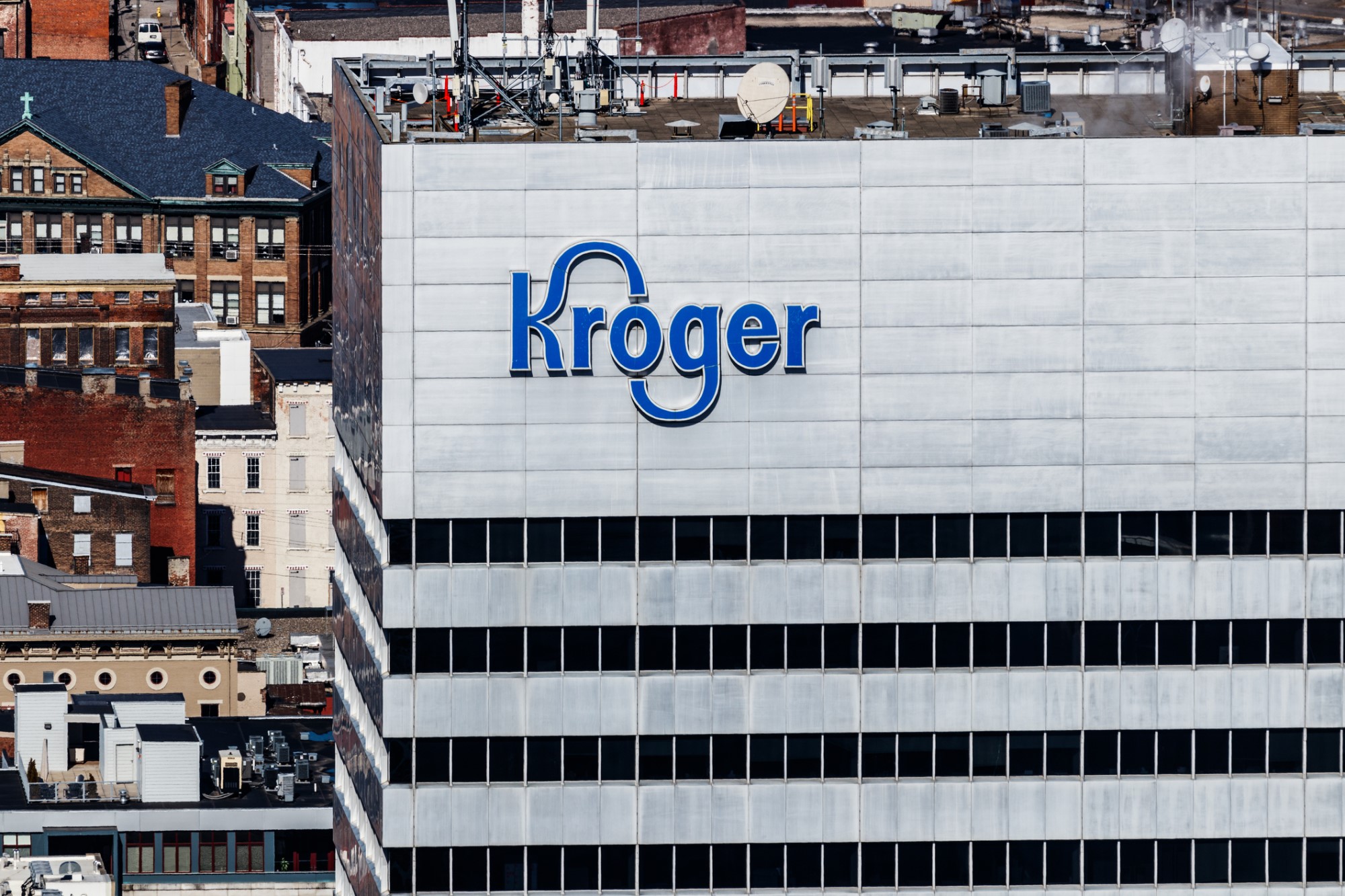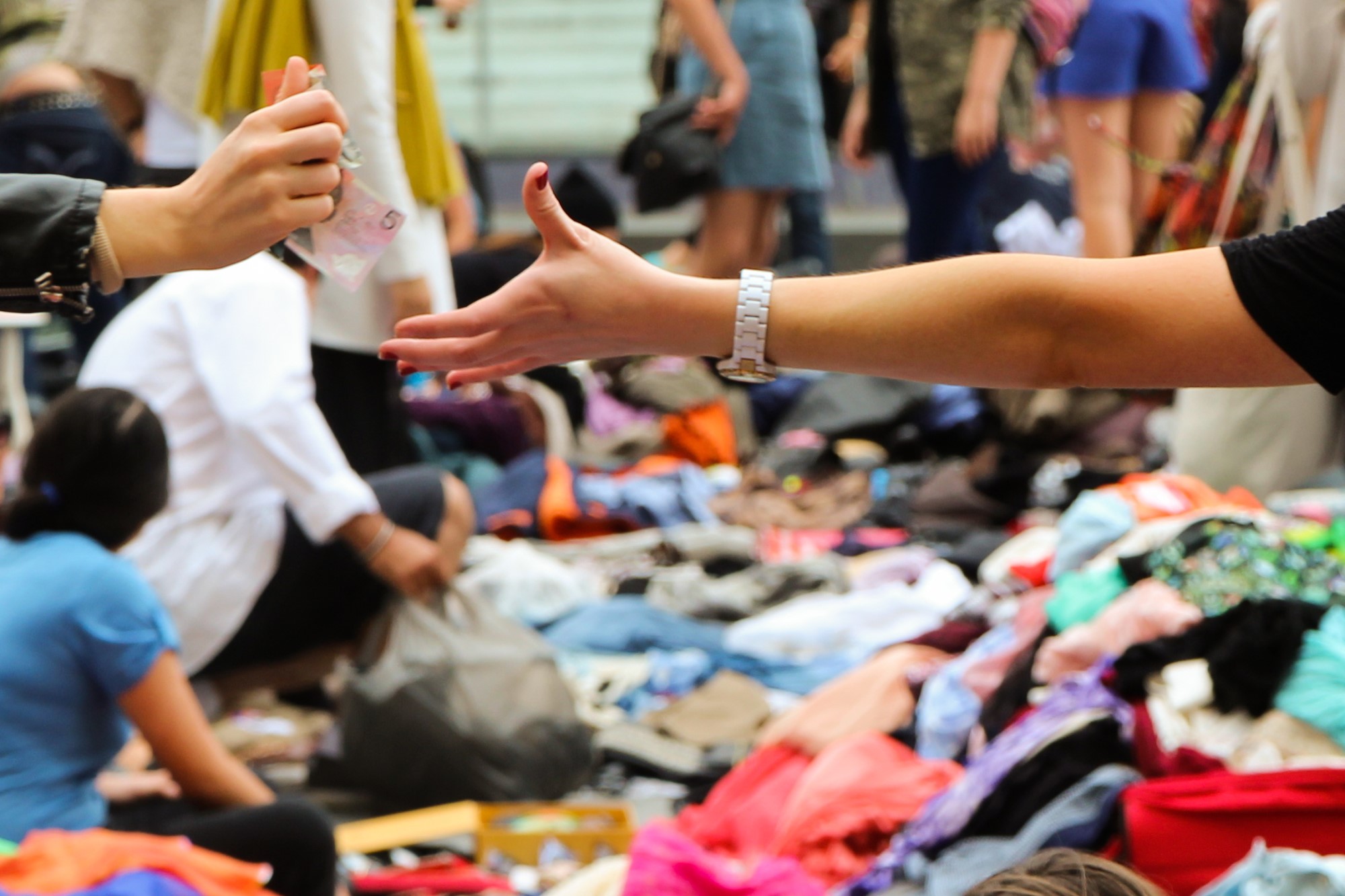The Price of Being a Refugee
A recent tragedy in Austria, where 71 decomposing bodies of refugees, including 3 children, were found in the back of an abandoned truck, is yet another in the ongoing saga of Europe’s refugee crisis. Due to severe instability in much of the world today, the number of refugees seeking asylum has drastically increased. Most come from the countries of Kosovo, Syria and Afghanistan, and some from Iraq, Pakistan and Ukraine. In addition to the influx of refugees, the practice of the human trafficking of refugees is on the rise as well.
The traffickers care little for the well-being of their human cargo, stuffing them by the hundreds into rickety boats or in the backs of trucks. Though these traffickers help the refugees escape the turmoil of their native lands – those willing to pay the price anyway – they are only concerned with monetary profits. This lack of concern is what has led to the estimated 2500 refugees who have died trying to reach Europe.
All of this puts the European Union in a tight place. With the economic problems the EU has faced recently, along with rising xenophobia, most Europeans would prefer to not have the refugees on their shores. Some also worry that by rescuing the immigrants, it would only increase the incentive to escape to Europe by paying the traffickers for a ticket, a path that often leads to a graveyard instead. It is true that increased immigration would result in more competition for jobs, and it certainly wouldn’t help the struggling EU economy. Leaders have been quick to condemn the tragedies and offer their help, especially after the disaster in the Mediterranean in April that killed around 850 people. But they have been indecisive when it comes to actually making a strategy and doing something about the problem in light of the domestic consequences.
With several members of the European Union desperately trying to stop the hordes of refugees from pouring into their respective countries, and all of them losing time trying to decide what the quotas for each country should be, they have guaranteed that human trafficking is the only path for the refugees to get into any member countries. The real problem is what refugees are fleeing from in the first place: an unstable home country. Seemingly, the only permanent solution to a problem like this is to treat the problem (stabilize the Middle East), not the symptoms. But that, of course, is far easier said than done.
The question comes down to what Europe’s obligation is to the refugees. Watching boatload after boatload of fellow human beings drowning is sickening, but at the same time, a country’s duty is to do what is best for its own people, before assisting others. How much responsibility for the lives of the dead refugees does Europe bear?





